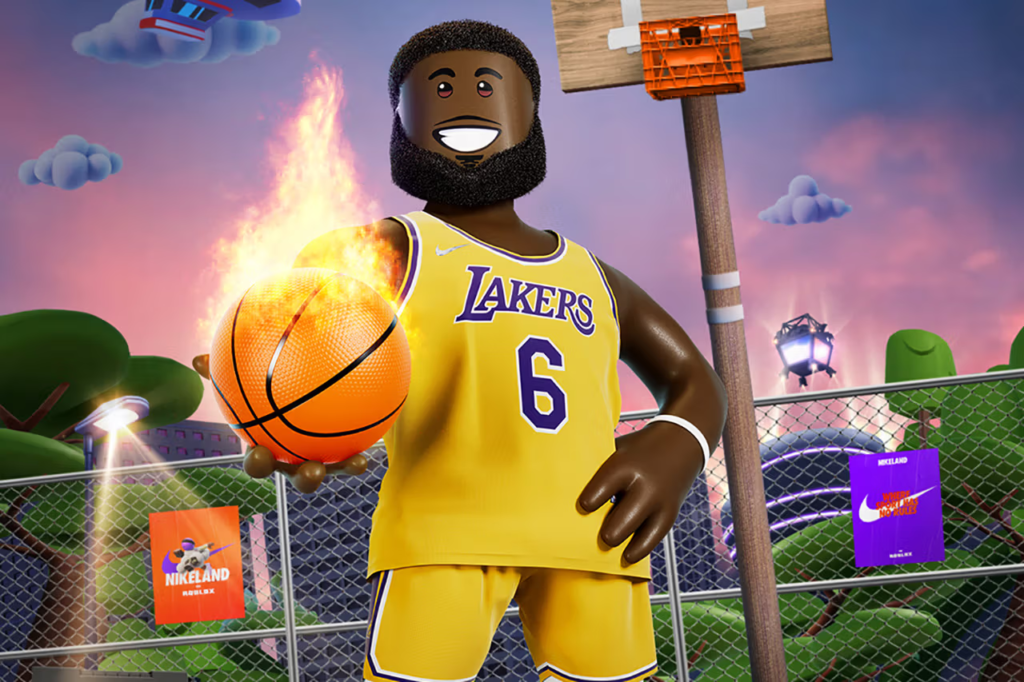252DWeb Development 10EashinU100694@wpga.ca-MCBF2
252DWeb Development 10EashinU100694@wpga.ca-NHL
Eashin Projects 1
LeBron Raymone James was raised by a single mother, Gloria James, in the tough neighbourhoods of Akron. Despite financial struggles and a nomadic lifestyle, LeBron found solace in basketball. His prodigious talent quickly became evident, and by the time he reached St. Vincent-St. Mary High School, LeBron was already a sports sensation. His dominance in high school basketball earned him nationwide attention, and he became the first overall pick in the 2003 NBA Draft straight out of high school.
NBA Career:
LeBron James’ NBA career has been nothing short of legendary. Drafted by the Cleveland Cavaliers, he quickly established himself as a force to be reckoned with. Known for his versatility, athleticism, and basketball IQ, LeBron has played for the Miami Heat and the Cleveland Cavaliers, leading both teams to NBA championships. His move to the Los Angeles Lakers in 2018 marked another chapter in his illustrious career, and he delivered an NBA championship to the Lakers in 2020, solidifying his status as a generational talent.
Basketball Achievements:
LeBron James boasts an impressive list of accolades, including four NBA championships, four NBA Most Valuable Player (MVP) Awards, and numerous All-NBA Team selections. His impact on the game is evident not only in his individual achievements but also in his ability to elevate his teammates and consistently lead his teams to success. LeBron’s influence extends beyond statistics, as he has redefined the role of a basketball player by excelling in various positions and facets of the game.
Off-Court Impact:
LeBron James’ impact transcends the basketball court. He has emerged as a social and cultural icon, using his platform to address societal issues and advocate for change. LeBron is known for his philanthropic efforts, including the LeBron James Family Foundation, which focuses on education and community development. His commitment to empowering underprivileged youth through initiatives like the “I PROMISE School” demonstrates his dedication to making a positive impact beyond basketball.
Athlete Activism:
LeBron James has been at the forefront of athlete activism, using his voice to address racial inequality, social justice, and political issues. His advocacy has sparked conversations on and off the court, highlighting the responsibility athletes bear in influencing societal change. LeBron’s willingness to speak out on controversial topics has cemented his legacy as more than just a basketball player but as a cultural catalyst.
Conclusion:
In conclusion, LeBron James’ journey from a challenging childhood to becoming a basketball icon and influential cultural figure is a testament to his resilience, talent, and commitment to making a positive impact. Beyond the courtside accolades and championship victories, LeBron’s legacy is defined by his philanthropy, activism, and the inspiration he provides to aspiring athletes worldwide. As LeBron continues to make history on and off the basketball court, his impact on the sport and society at large is bound to endure for generations to come.

Data Charts and Integration
Here is a chart that will automatically update.
<iframe width="600" height="371" seamless frameborder="0" scrolling="no" src="https://docs.google.com/spreadsheets/d/e/2PACX-1vQHXnA4rcyolWaTJabOHn9HAZAuJMStYQjzh0zeGgvfLZWepb963pC_35vhpaXIRKVT_KDrIbFd8_xW/pubchart?oid=1816827274&format=interactive"></iframe>Here is a chart that is a captured image (no updates).
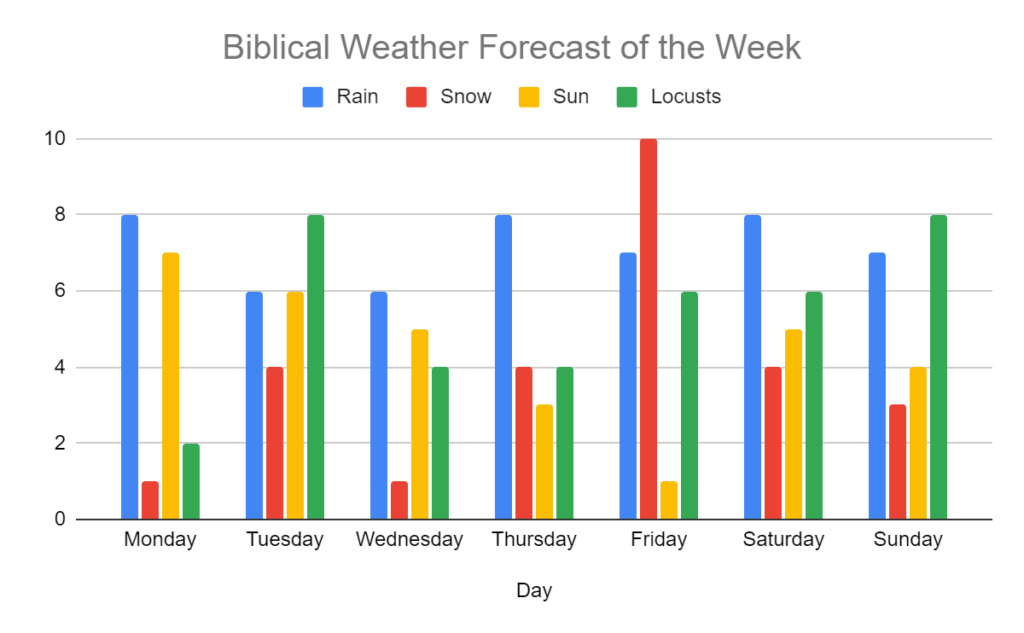
<iframe width="600" height="371" seamless frameborder="0" scrolling="no" src="https://docs.google.com/spreadsheets/d/e/2PACX-1vRfyCeyPtgLb7UhwonYLIy7-x5Z74JTvxUl65wFCL3zUH8AursFTvUplrn8Ay-SIW05g45nvQFrZAgR/pubchart?oid=1931760&format=interactive"></iframe>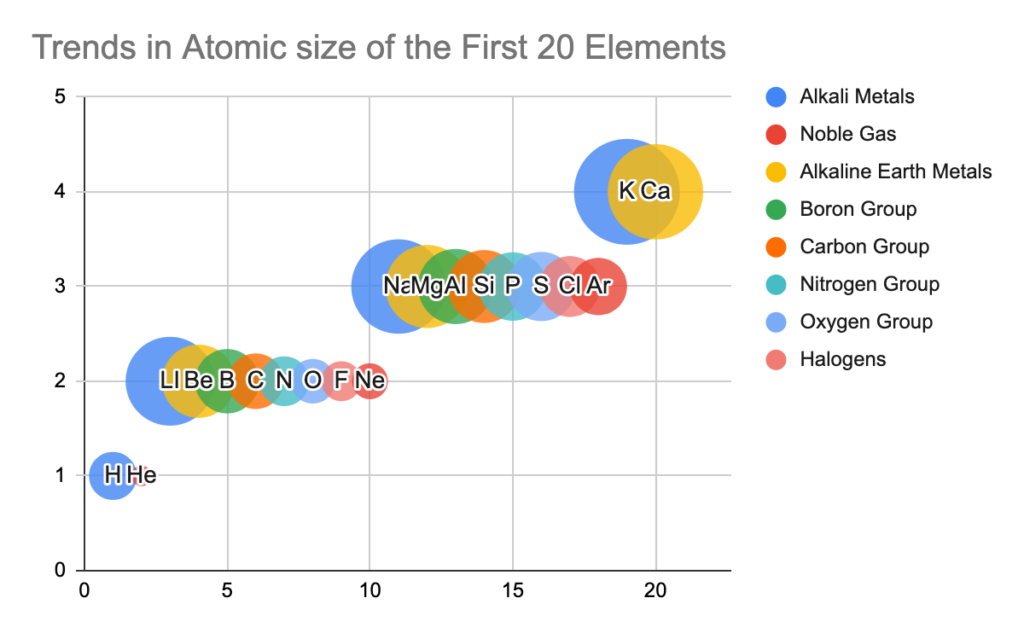
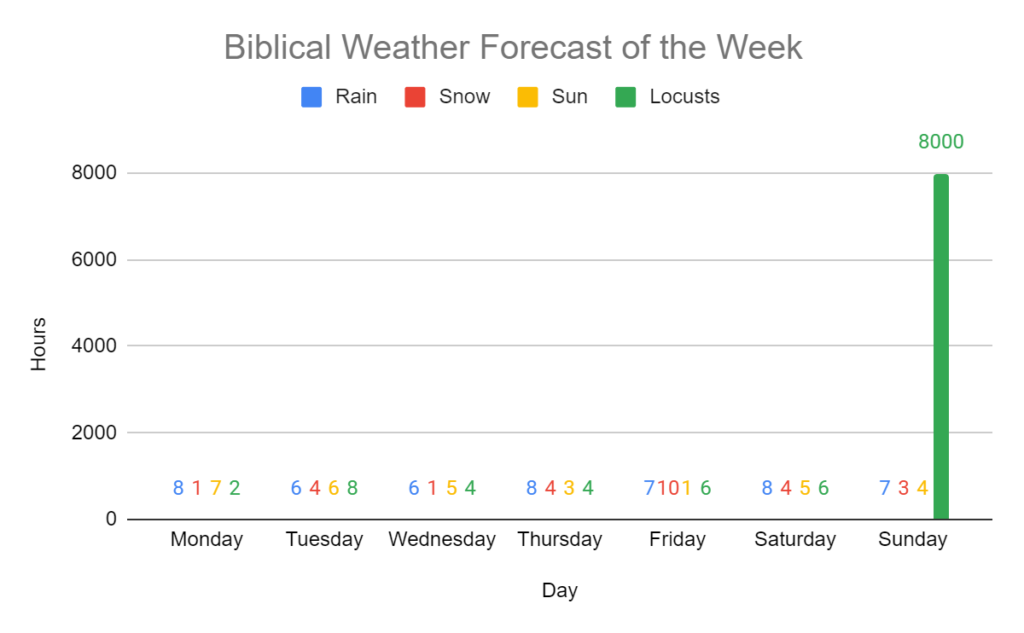
<iframe width="600" height="371" seamless frameborder="0" scrolling="no" src="https://docs.google.com/spreadsheets/d/e/2PACX-1vQHXnA4rcyolWaTJabOHn9HAZAuJMStYQjzh0zeGgvfLZWepb963pC_35vhpaXIRKVT_KDrIbFd8_xW/pubchart?oid=1816827274&format=interactive"></iframe>Eashin Projects 2
My First photoshop

I made this edit in Photoshop, and I’m really proud of how it turned out. The image features a powerful quote: “Life is like a river, sometimes it sweeps you gently along and sometimes the rapids come out of nowhere.” I chose a dramatic, mountainous landscape as the background, with a road that seamlessly transitions into a river. This visual metaphor captures the unpredictable journey of life perfectly
2nd photoshop
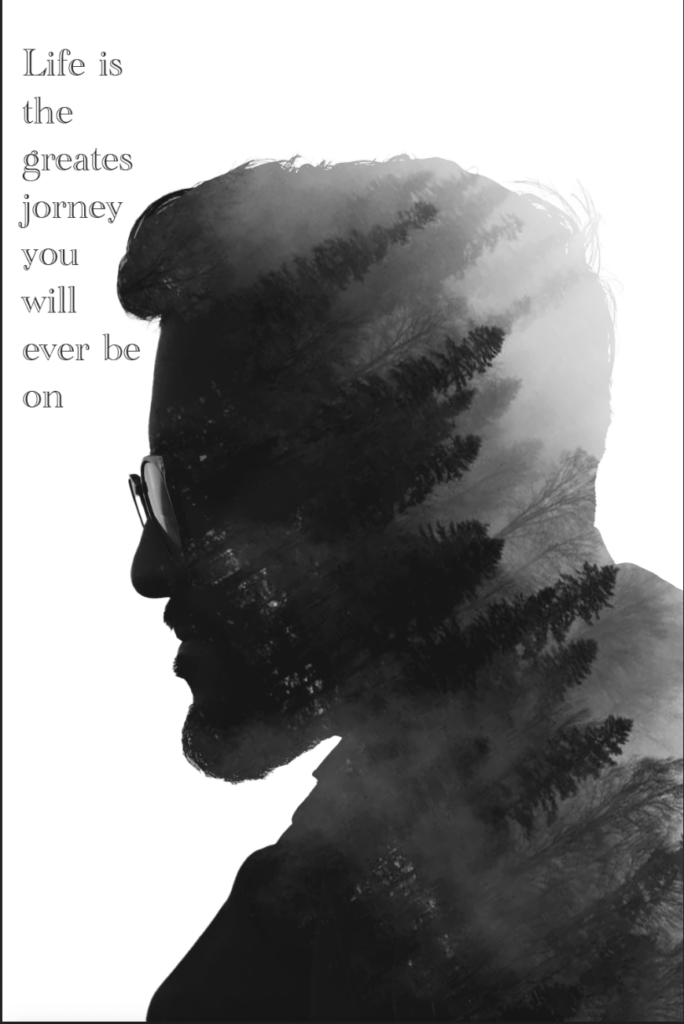
I created this edit in Photoshop, and I’m really pleased with how it turned out. The image features a silhouette of a man’s profile filled with a forest scene, symbolizing the journey and depth of life. The quote, “Life is the greatest journey you will ever be on,” is placed thoughtfully to complement the image. I am also really proud of how the man’s head is a mould for the forest in the background.
Tech News
Recently, Netflix released a true crime documentary called “What Jennifer did”, but the haunting subject matter in this documentary is not what I have people upset; instead, there are allegations that Netflix used an AI-generated image(s) to help market the Limited Time series. Again, these are only alleged allegations, there is no concrete proof other than the original image to suggest that it is AI-generated.
- Can Netflix use AI-generated content to market a show based on true events?
- Is there a difference between fictionalizing some events of the story for the sake of narrative like many true crime documentaries do, or using AI like the show does? Could you argue that True Crime shows the lie in different ways, therefore the AI use here is completely justified.
- If a show was being made about you and your life, or an important thing you did, would you be comfortable with AI-generated content being a part of your show, about yourself?
https://futurism.com/the-byte/netflix-what-jennifer-did-true-crime-ai-photos
Response
Can Netflix use AI-generated content to market a show based on true events?
Yes, Netflix can use AI to generate photos and videos. The question here is not asking whether they should use AI, it’s asking if they can and no legal rules are saying that Netflix and other companies are not allowed to use AI. AI is a tool to help people and companies succeed. So for all those reasons, Netflix is allowed to use AI and there are no legal reasons why they are not able to. People might argue it is unethical however I see it as a helping guide to create better products for the average customer.
Is there a difference between fictionalizing some events of the story for the sake of narrative like many true crime documentaries do, or using AI like the show does? Could you argue that True Crime shows the lie in different ways, therefore the AI use here is completely justified?
As many of my peers have stated true crime documentaries are supposed to appeal to the average viewer and not actually Show the true event. To make it easier to watch and digest they will have to use some fake things to make it more dramatic.
3. If a show was being made about you and your life, or an important thing you did, would you be comfortable with AI-generated content being a part of your show, about yourself?
Yes, I’ll be fine if they use some AI to create a documentary about my life. The question is not stating they’re going to use AI for the whole documentary they would just use it for some parts. AI would help boost sales and would make the documentary more popular making it more fun and appealing to watch for everyday viewers.
2nd Tech News
News analysis co-authored by Google researchers highlights the rapid rise of AI-generated image misinformation online. The study, which includes data fact-checked by sites like Snopes, reveals that AI-generated images have quickly become nearly as common as traditional forms of content manipulation since early 2023. Despite a recent decline in fact-checking AI images, the overall prevalence of AI misinformation remains high, complicating efforts to distinguish real from fake. Instances of AI-generated fake images, such as those involving celebrities like Taylor Swift and Katy Perry, illustrate the widespread impact and challenges of this technology. In response, companies like Google are developing digital watermarking and other initiatives to combat AI-generated fakes.
https://www.cbc.ca/news/science/artificial-intelligence-misinformation-google-1.7217275
Response
Firstly AI is meant to help you with your everyday needs, it is to help you to find news and help research. AI photos are the hitch. They trick people into believing what they see on the internet. AI is growing fast and spreading misinformation through photos and videos. This is the one bad thing about AI because it allows people to post fake photos and videos and post it on social media. Social media like Instagram and TikTok are fake enough and having AI photos and videos even adds to the problem.
252DWeb Development 10EashinU100694@wpga.ca
Welcome to WordPress. This is your first post. Edit or delete it, then start writing!



